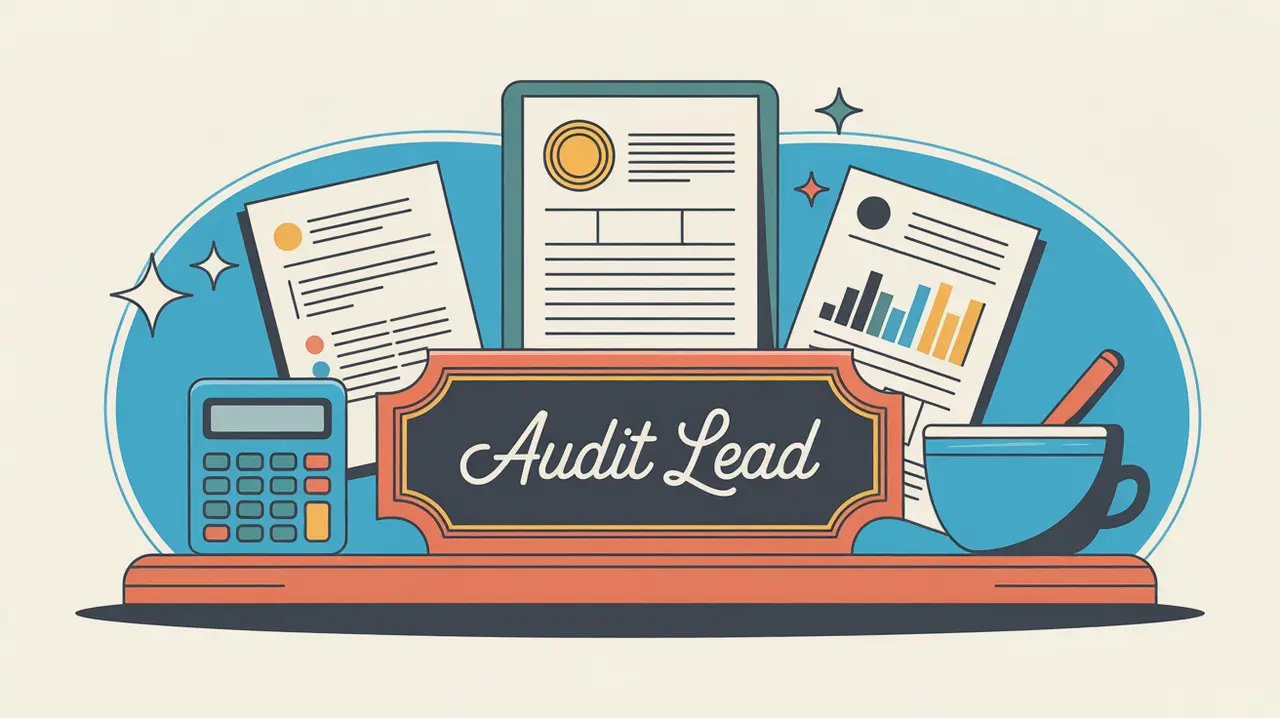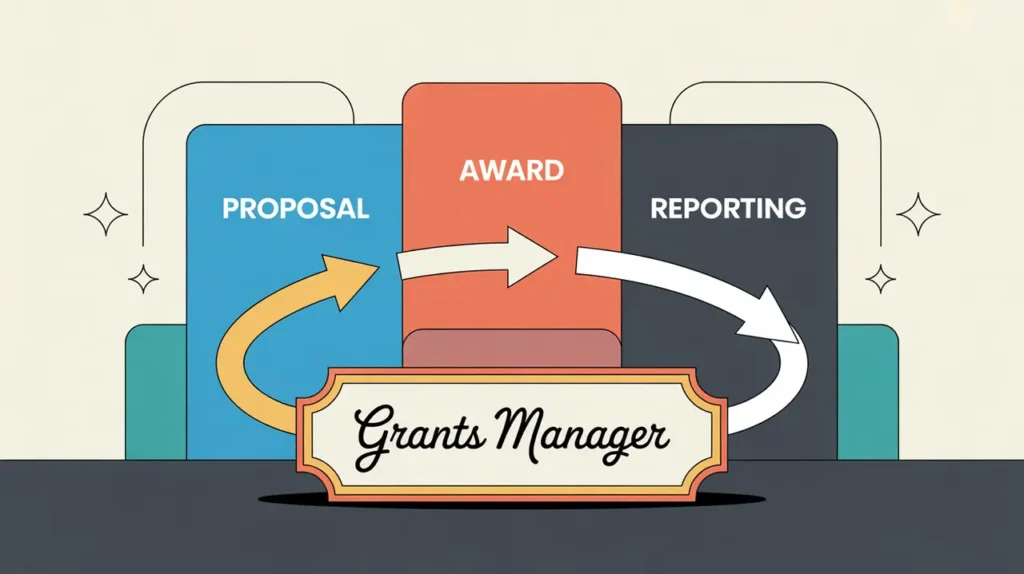What Does the Audit Lead Role Involve?
An audit lead is responsible for planning, coordinating, and executing internal and external audits to ensure the accuracy, transparency, and compliance of an organization’s financial systems and controls. This involves overseeing audit schedules, managing audit teams or external auditors, reviewing financial data, evaluating internal control frameworks, and identifying risks or irregularities. Audit leads work closely with finance, compliance, and leadership teams to ensure that audits are conducted efficiently, findings are addressed, and recommendations are implemented. The role typically sits within finance, accounting, or risk management functions. In both nonprofits and social enterprises, audit leads play a critical role in safeguarding financial integrity and reinforcing stakeholder trust.
At What Level does this Role Operate?
Mid Level: This role operates with significant autonomy within finance or audit teams. Audit leads typically report to finance directors, chief financial officers, or heads of risk and compliance, and may supervise audit associates or coordinate external auditors. They are responsible for overseeing the audit cycle, ensuring compliance with relevant standards, and supporting continuous improvement of financial processes.
Relative Employability: Mid-level audit roles are in consistent demand across nonprofits, social enterprises, corporate entities, and public sector institutions. Professionals with strong technical audit skills and leadership experience are especially sought after as organizations place increasing emphasis on transparency and governance.
Relative Pay Scale: Within nonprofits and social enterprises, audit lead roles typically sit in the upper mid pay bands for finance staff. Compensation reflects the combination of specialized expertise, oversight responsibilities, and strategic importance of the role.
What are the Key Responsibilities and Activities?
- Lead the planning, execution, and reporting of internal and external audits
- Develop and manage audit schedules, ensuring compliance with regulatory and organizational timelines
- Review audit working papers, financial data, and control assessments prepared by associates or external auditors
- Evaluate internal controls, identify weaknesses, and recommend improvements
- Coordinate with finance, compliance, and program teams to address audit findings and support remediation
- Ensure alignment of audit activities with organizational policies and accounting standards
- Communicate audit outcomes and recommendations clearly to leadership and boards
- Contribute to strengthening financial governance frameworks and risk management practices
What Core Competencies and Qualifications are Needed?
Required Qualifications and Experience
The following reflect common qualifications and experience expected for this role, while recognizing that pathways may vary by context, organization, and region.
- Relevant academic background in accounting, finance, or a related field, or equivalent professional experience
- Appropriate years of relevant experience for a mid-level role, including prior audit experience and leadership of audit engagements
- Professional certification (for example CPA, CA, or equivalent) is often preferred
- Strong knowledge of accounting standards, audit procedures, and internal control frameworks
- Experience managing audit teams or working with external auditors
Key Competencies
- Advanced understanding of auditing principles and regulatory compliance
- Strategic thinking and ability to design and manage audit programs
- Strong analytical and problem-solving skills
- Leadership and team management capabilities
- Clear communication and ability to engage senior stakeholders effectively
- Capacity to drive process improvements and strengthen financial governance
How are AI and Automation Shaping this Role?
An AI-native audit lead will look to AI and automation to enhance the scope, speed, and precision of audit activities. They can use AI tools to analyze large datasets in real time, identify anomalies, and assess risk across multiple systems simultaneously. Automation can support the creation of continuous auditing frameworks, streamline evidence gathering, and standardize reporting processes. By integrating AI into audit strategies, audit leads can focus more on interpreting complex findings, advising leadership on risk mitigation, and strengthening organizational control environments.
What Career Pathways and Transferable Skills are Associated with this Role?
Audit lead roles prepare professionals for advancement into senior financial management or risk leadership positions, such as director of finance, head of internal audit, or chief risk officer. The combination of technical audit expertise, strategic oversight, and leadership experience developed in this role is transferable to senior roles in compliance, governance, and financial strategy across nonprofits, social enterprises, corporate entities, and public institutions.







